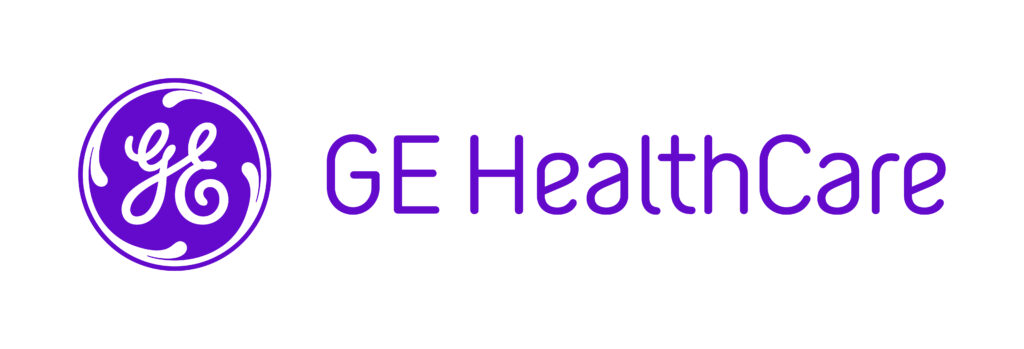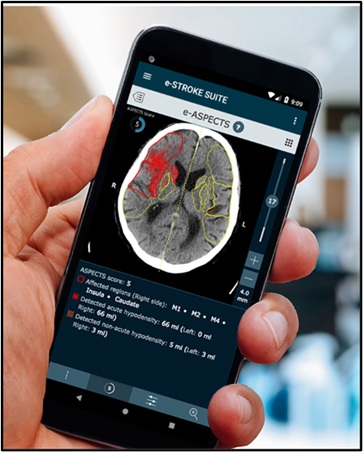 A ‘feel-good’ story figuratively and literally. Clare Island is an island off the west Irish coast in the Atlantic. It is located at the entrance to Clew Bay, part of County Mayo, with a lighthouse and abbey ruins that are tourist attractions. Its connection to the mainland is a 20-minute ferry service to Louisburgh on the mainland, generally adequate for its 138 people scattered in its 5 x 3-mile terrain. Galway, the largest city in the area, is nearly two hours south, and Westport is four hours. This makes it difficult when islanders need healthcare beyond their single small medical clinic with two resident nurses and weekly visiting GP.
A ‘feel-good’ story figuratively and literally. Clare Island is an island off the west Irish coast in the Atlantic. It is located at the entrance to Clew Bay, part of County Mayo, with a lighthouse and abbey ruins that are tourist attractions. Its connection to the mainland is a 20-minute ferry service to Louisburgh on the mainland, generally adequate for its 138 people scattered in its 5 x 3-mile terrain. Galway, the largest city in the area, is nearly two hours south, and Westport is four hours. This makes it difficult when islanders need healthcare beyond their single small medical clinic with two resident nurses and weekly visiting GP.
The islanders are now part of a Digital Health Project designed by the University of Galway that can best be described as multimodal. The university’s Health Innovation via Engineering (HIVE) laboratory has been working on rural health projects at least since 2019 since the HIVE lab delivered via drone insulin from Galway to Inis Mór in the Aran Islands. On Clare Island, the HIVE lab has worked with islanders to connect them to better healthcare access on and off island, and also with each other.
- Enabling video consultations with remote physiological monitoring, including blood pressure, weight, and blood glucose. This connects to clinics on the mainland, freeing up local clinic time. Irish company MyPatientSpace provides the platform.
- The RPM for islanders is augmented by an artificial intelligence algorithm that allocates clinic slots if data readings for blood pressure or glucose readings indicate the need for an in-person clinic visit.
- A recent demonstration showed how a drone could deliver an epipen to the local clinic, while MADRA the robot (Medical Autonomous Droid Remote Assistance–above left) scaled mountainous terrain to deliver first aid.
A private 5G wireless system was installed to facilitate video and RPM, as well as to connect a number of isolated islanders and their families on the mainland with always-on video, primarily to counter loneliness. Withings has also equipped islanders with Pulse HR watches. These enable self-monitoring both via the watch and through a supplied tablet. Over 80 islanders, aged from 18 to 90, have already signed up to the project, which began in September 2022.
The project is funded through a public-private partnership led by technology company Cisco and Cúram (Merative) software, the Science Foundation of Ireland Research Centre for Medical Devices at the University of Galway, in partnership with Ireland’s Health Service Executive (HSE). The €1 million remote health project is intended to be a template for other rural areas in Ireland. The head of the project is Professor Derek O’Keefe, a physicianeer (physician and engineer) with resident Dr. Ian McCabe as project manager. His grandmother moved to Clare Island in 1939 as an operator connecting the island to the mainland via radioed Morse Code. Irish Times, RTÉ, University of Galway news archive (2022), EuroPMC paper
Photo credit: Kevin Johnson/Clare Island Home Health Project. ‘Madra’ the robot (center). Jack Pinder (Public Patient Involvement), Dr Jennifer Doran (Project Physician), Dr. Ian McCabe (Project Manager), Prof. Derek O Keeffe (Project Lead), and Hemendra Worlikar (Project Engineer)















Most Recent Comments